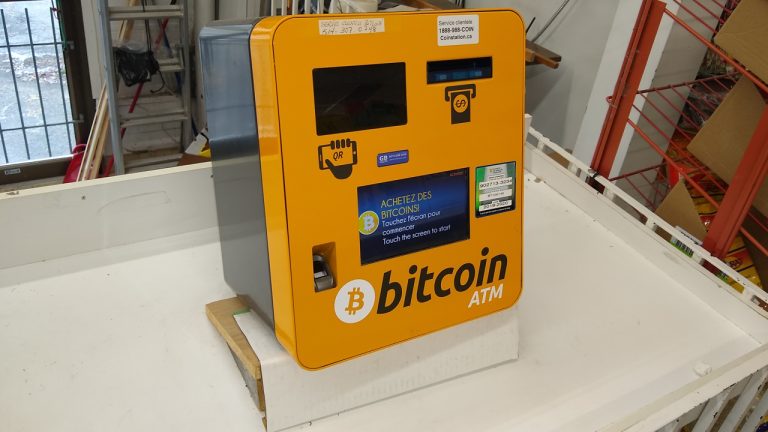
One of Australia’s Big Four banks announced efforts to combat crypto fraud activities aimed at reducing losses from scams.
Westpac, one of Australia’s ’Big Four’ banks, is launching its first trial of scam protection measures designed to combat fraudulent activities related to cryptocurrencies.
The protection measures aim to mitigate losses from scams and reduce potential risks.
According to the announcement, investment scams account for approximately 50% of all customer losses linked to scams, while around one-third of all scams involve direct transfers to cryptocurrency exchanges, making them extremely difficult to trace.
The Westpac ban comes on the same day Binance customers were told they could no longer use PayID to transfer Australian dollars to their accounts. Binance said a “third-party provider” had placed restrictions on the exchange, affecting bank transfer withdrawals for now.
According to Scott Collary — Westpac’s group executive of customer services and technology — while digital exchanges have a legitimate role in the financial ecosystem, the rise of digital currency has increased scammers utilizing overseas exchanges.
Westpac plans to gradually introduce a phased trial of the new crypto payment protection blocks in late May. This trial is introduced alongside other recent initiatives like Westpac Verify. This feature notifies customers of potential account name mismatches when making payments to a new bank-state-branch and account number, or sending money to an account that Westpac has no prior transaction history.
Related: Can you recover stolen Bitcoin from crypto scams?
Consumer advocacy group Choice reports Australians have suffered losses exceeding $129 million due to cryptocurrency scams. In 2021 alone, the Australian Consumer and Competition Commission received over 12,000 reports related to such scams.
Crypto investment scams exhibit warning signs such as deceptive social media ads, fraudulent websites, forged documents and the use of spoofing software.
Additionally, scammers may possess undisclosed personal information or attempt to manipulate targets into taking action during phone conversations.
Magazine: Australia’s world-leading crypto laws are at the crossroads: The inside story











